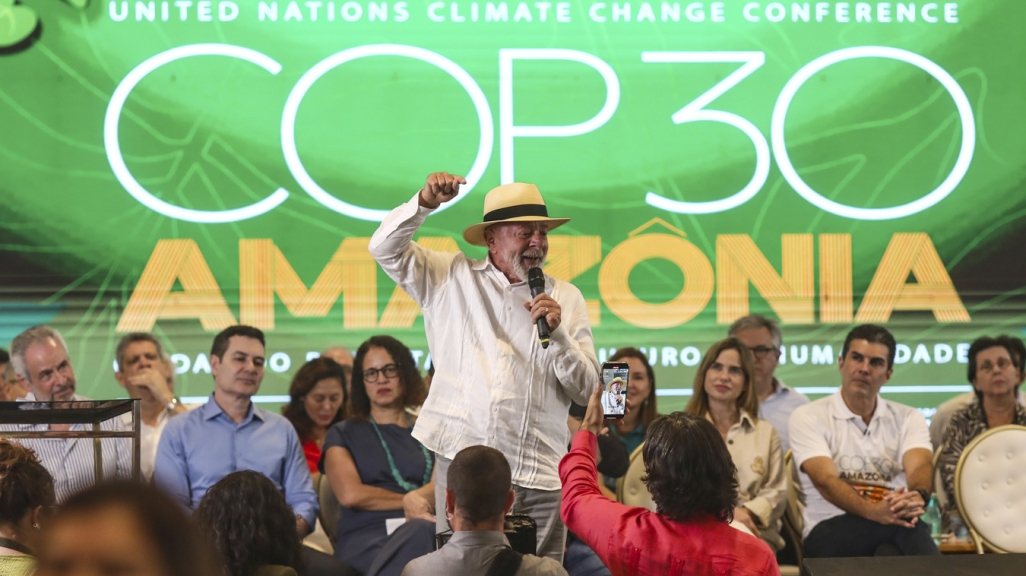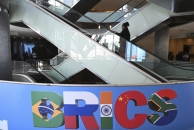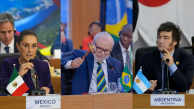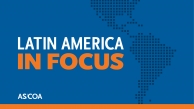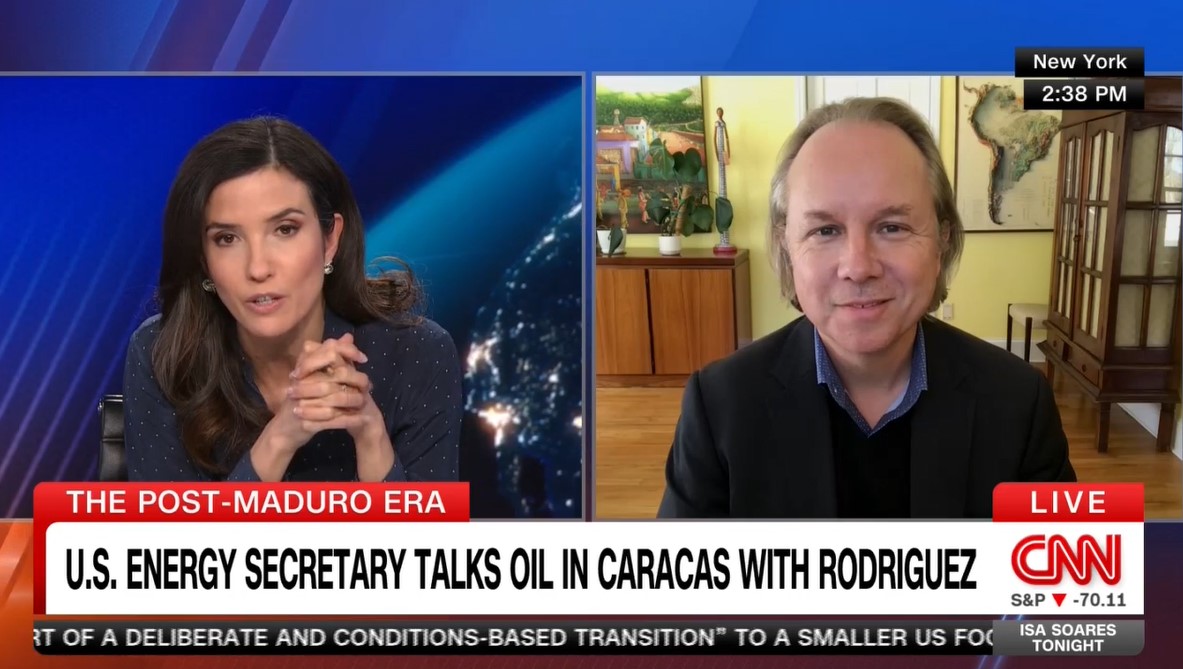LatAm in Focus: What's Behind Brazil's International Game?
LatAm in Focus: What's Behind Brazil's International Game?
The Igarapé Institute’s Laura Trajber Waisbich outlines the country’s proactive approach to foreign policy in an increasingly tense global context.
The G20 Summit last November, an upcoming BRICS summit in July, followed by this November’s COP30. It has been Brazil’s year to welcome the world to its doorstep. And it is by design.
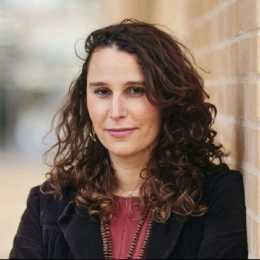
“There is a combination of proactive engagements to reassert Brazilian identity and its role in international affairs … and reinserting Brazil in global conversations,” explains Laura Trajber Waisbich, Deputy Director of Programs at the Igarapé Institute. In conversation with Latin America in Focus’ Luisa Leme, the international relations expert explores how Brazil brandishes its diplomatic credibility within and beyond Latin America to spur global action on climate policy and more.
Key to this credibility, Waisbich notes, is Brazil’s willingness to forge alliances with a range of actors in the global arena. “This is not about ‘either/or,’ this is about ‘and’,” she emphasized, highlighting Brazil’s relationship not only with both sides of the United States–China contest and its leadership in Mercosur–EU trade negotiations, but also its push to drive South–South cooperation. President Lula da Silva has leveraged these partnerships to put the needs of the Global South on the agenda, calling for reforms within the UN system and at international financial institutions, while creating forums to address hunger, poverty, and environmental preservation, among other issues.
Brazil continues to be a central member of the bloc of emerging economies that seeks to push for a more multipolar world.
Three experts from the Latin American members of the G20 discuss how leaders are navigating Trump’s return and U.S.-China competition in the region.
Subscribe to Latin America in Focus, AS/COA's podcast focusing on the latest trends in politics, economics, and culture throughout the Americas.







